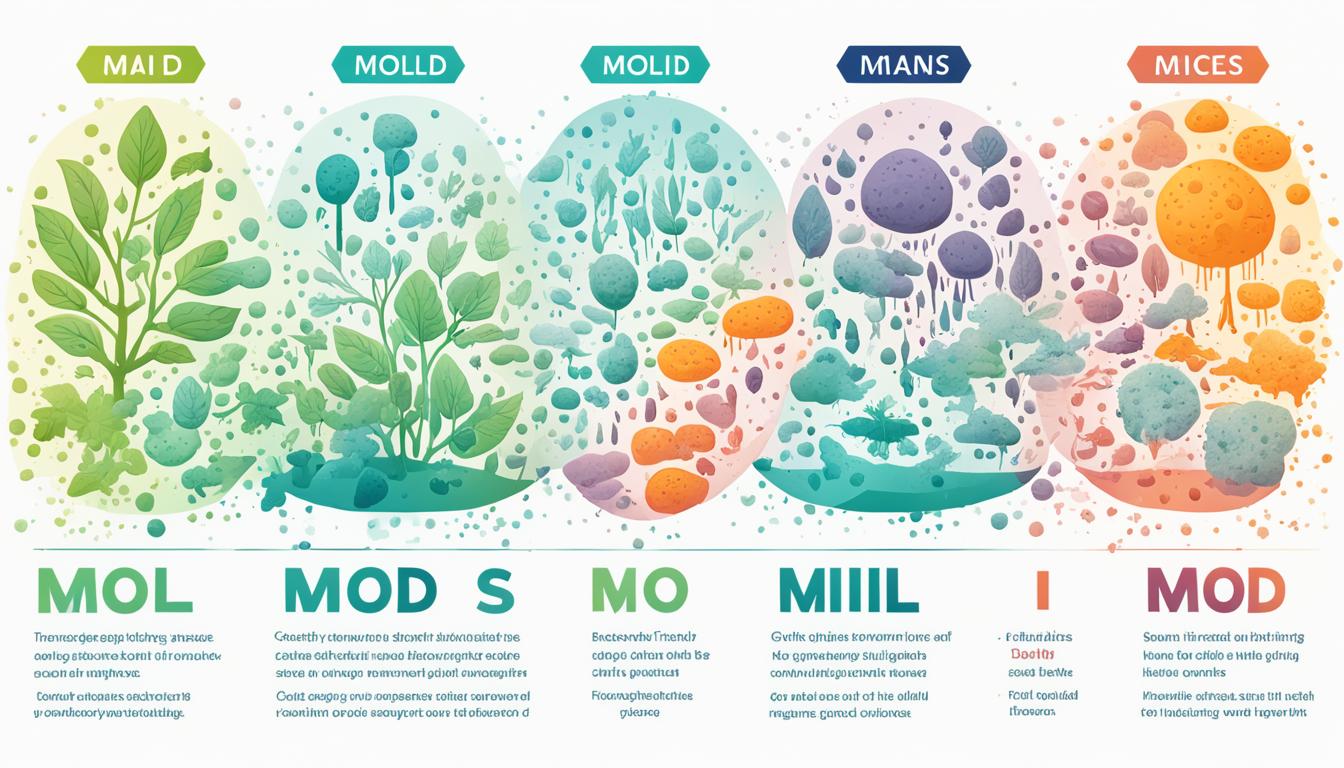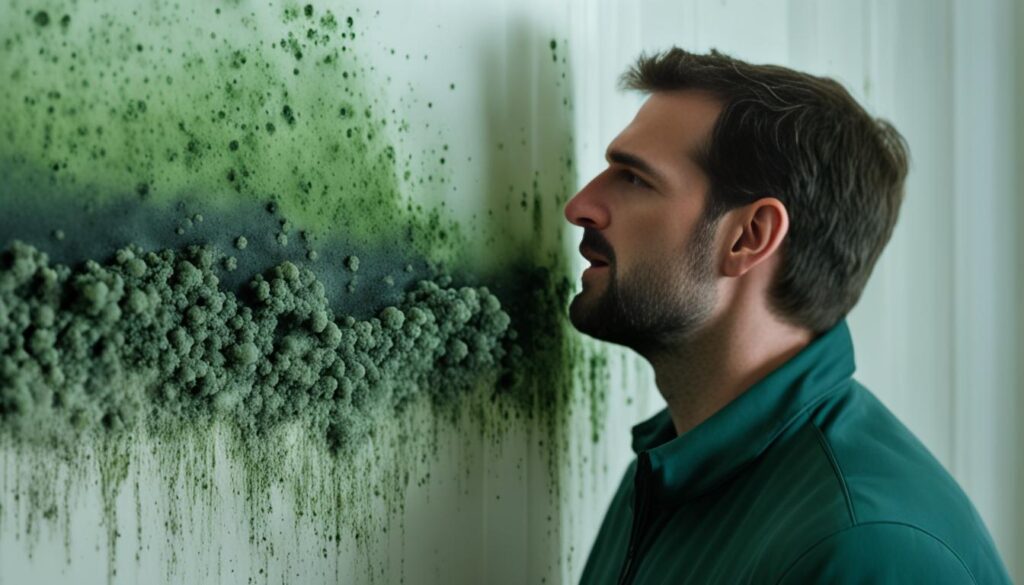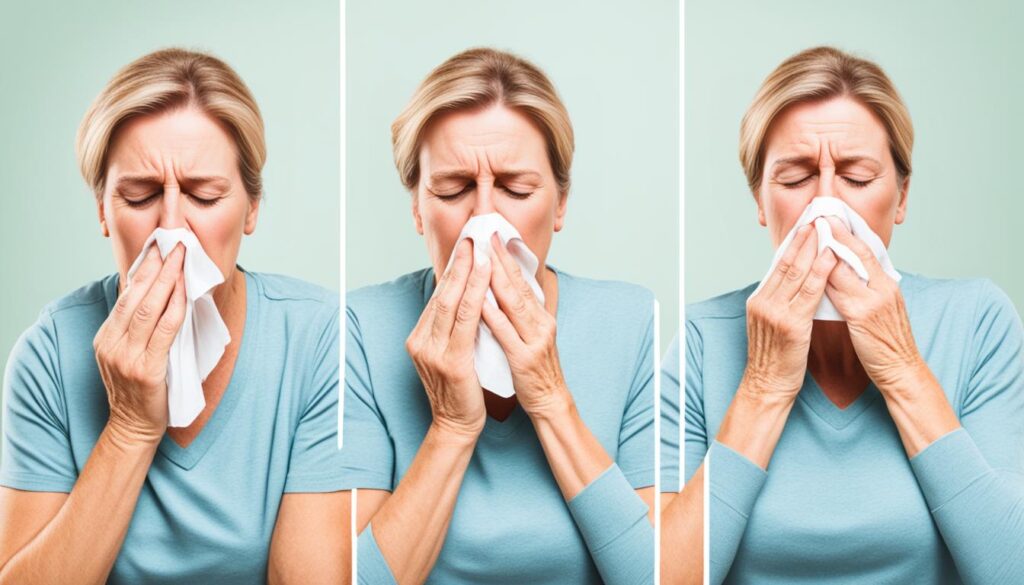
Symptoms of Mold Sickness Miami – Health Risks & Signs
Living in Miami, a city known for its warm and humid climate, comes with its fair share of challenges. One such challenge is the presence of mold, which can have detrimental effects on your health. Mold sickness is a serious concern, and it is essential to be aware of the symptoms, health risks, and signs associated with it.
Mold sickness occurs when individuals are exposed to mold spores in their environment. Mold can grow in various areas of your home or workplace, such as bathrooms, kitchens, and basements. The warm and humid climate in Miami provides the perfect conditions for mold to thrive, increasing the risk of mold-related health issues.
Exposure to mold can lead to a range of symptoms, both physical and psychological. These symptoms may vary from person to person and can include respiratory problems, such as coughing, wheezing, and shortness of breath. Allergies, skin rashes, headaches, fatigue, and difficulty concentrating are also common symptoms of mold sickness.
Recognizing the signs of mold sickness is crucial for early intervention and proper treatment. If you experience persistent symptoms that worsen when you are in a particular environment or building, it could be an indication of mold-related health issues. Seeking professional help is vital as they can assist in identifying the presence of mold and provide guidance on remediation.
Key Takeaways:
- Living in Miami increases the risk of mold exposure and mold-related health issues.
- Symptoms of mold sickness can include respiratory problems, allergies, skin rashes, headaches, fatigue, and difficulty concentrating.
- If you suspect mold sickness, seek professional help for assessment and remediation.
- Early intervention is crucial for minimizing the health risks associated with mold exposure.
- Proper remediation and prevention measures can help protect yourself and your loved ones from mold-related health issues.
Understanding Mold Sickness
As we explore the topic of mold sickness, it’s essential to understand what mold sickness is and how it can impact individuals in Miami. Mold sickness refers to the adverse health effects caused by exposure to mold spores in indoor environments.
Mold sickness can result from various factors, including the types of mold commonly found in Miami and the environments where they tend to thrive. In this region, some of the most prevalent molds include Aspergillus, Cladosporium, and Stachybotrys (also known as black mold).
These molds often grow in damp and humid areas, such as bathrooms, basements, and areas affected by water damage. As Miami’s climate creates the ideal conditions for mold growth, it’s crucial to be aware of the potential health risks associated with mold exposure.
The Health Risks of Mold Exposure
Mold exposure can lead to various health problems, primarily affecting the respiratory system. When mold spores are inhaled, they can trigger allergic reactions, asthma attacks, and other respiratory issues.
People with mold sensitivity or pre-existing respiratory conditions are especially vulnerable to these health risks. Additionally, prolonged exposure to mold can cause systemic health effects, including fatigue, headaches, and neurological symptoms.
In Miami, where mold is a common problem due to the humidity, it is crucial to address mold issues promptly to prevent mold sickness and its associated health risks.
Recognizing the Symptoms
To protect your health, it’s important to recognize the symptoms of mold sickness. These symptoms can vary from person to person but often include:
- Respiratory issues such as coughing, wheezing, and shortness of breath
- Allergic reactions, including sneezing, nasal congestion, and skin rashes
- Persistent headaches and fatigue
- Irritation of the eyes, nose, and throat
- Difficulty concentrating and memory problems
If you experience these symptoms and suspect mold sickness, seeking professional help is crucial. A qualified mold inspector or environmental specialist can conduct assessments to identify mold sources and recommend appropriate remediation measures.

Understanding the causes, health risks, and symptoms of mold sickness will empower you to take proactive steps in preventing and mitigating mold-related issues in your environment. By prioritizing mold prevention and addressing any mold problems promptly, you can safeguard your health and well-being.
Recognizing the Symptoms
Recognizing the symptoms of mold sickness is crucial for identifying potential health issues and seeking appropriate help. The presence of mold can lead to various physical and psychological symptoms, indicating the need for immediate action.
Physical Symptoms
1. Respiratory Problems: Mold exposure can trigger respiratory issues such as coughing, wheezing, and shortness of breath. These symptoms can be particularly problematic for individuals with asthma or other pre-existing respiratory conditions.
2. Allergies: Mold spores can cause allergic reactions, leading to symptoms like sneezing, nasal congestion, itchy or watery eyes, and skin irritation. Allergic reactions to mold can vary in severity and may worsen over time if left untreated.
3. Headaches and Dizziness: Some individuals experience frequent headaches or dizziness when exposed to mold. These symptoms can significantly impact daily life and require medical attention.
Psychological Symptoms
1. Fatigue and Weakness: Mold exposure can cause persistent fatigue and a general feeling of weakness. This can be accompanied by difficulty concentrating or memory issues.
2. Mood Changes: Some individuals may experience mood swings, irritability, or increased anxiety when exposed to mold. These psychological symptoms can affect overall well-being and quality of life.
3. Sleep Disturbances: Mold-related health issues can disrupt sleep patterns, leading to insomnia or frequent waking during the night. Restful sleep is essential for physical and mental health, so addressing these disturbances is crucial.
If you are experiencing any of these symptoms and suspect mold sickness, it is essential not to ignore them. Seeking professional help from a qualified mold specialist can provide a proper diagnosis and guidance for remediation. Remember, early detection and intervention can prevent further health complications.

Conclusion
In conclusion, being aware of the symptoms of mold sickness specific to Miami is crucial for maintaining good health. Mold exposure can lead to a range of health problems, including respiratory issues, allergies, and other symptoms. By recognizing the signs of mold sickness, you can take the necessary steps to protect yourself and your loved ones from the harmful effects of mold exposure.
It is important to understand the health risks associated with mold exposure and seek proper assessment and remediation if you suspect mold sickness. Ignoring the symptoms or delaying treatment can lead to further health complications. If you are experiencing any mold-related symptoms or need assistance with mold assessments, prevention, or remediation, it is recommended to contact Fix Mold Miami at 305-465-6653 for professional help.
Remember, early detection and timely intervention are key to mitigating the health risks associated with mold. Don’t hesitate to reach out to the experts at Fix Mold Miami for expert guidance and support. Take action today to safeguard your health and well-being.




